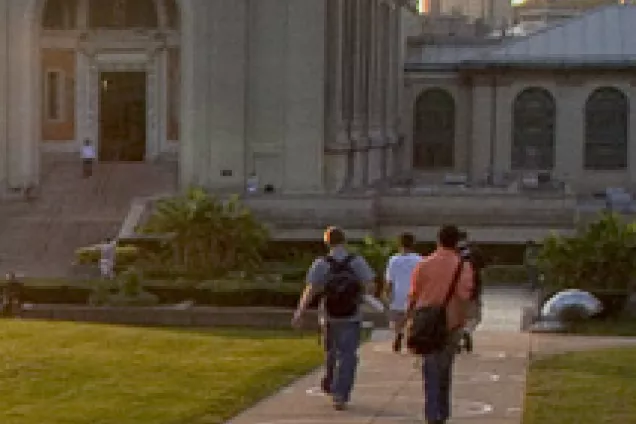About VBE
VBE - Science and Proven Experience - is a research program funded by Riksbankens Jubilieumsfond, the Swedish Foundation for Humanities and Social Sciences. The program started on January 1st, 2015, and will continue until the end of December 2020. VBE has an interdisciplinary and international profile and it ties together researchers from Philosophy, Psychology, Cognitive Science, Law, Medicine and Economics. The participants represent Harvard Medical School and the Carnegie Mellon University (US), University of Leeds (UK) and further Malmö University, Lund University and the Swedish Council on Health Technology Assessment (SBU), in Sweden.
We want our decisions to be founded on scientific evidence – and on practical experience, two types of evidence with uncertain natures. This programme seeks to understand these two fundamental forms of evidence in terms that allow making best use of each in our decision making. In so doing, we will clarify an unease truce between the two that has long confused, enriched, and enlivened Swedish public policy and philosophy.
It all started a comparatively long time ago, with medicine in the 1890s. The concept ”vetenskap och beprövad erfarenhet” has now become a standard of evidence for Swedish law and public policy in areas as diverse as education, environmental risk assessment, veterinary care and social care. We propose to examine these experiences, along with comparable ones in other countries, in the light of analytical and behavioral advances in philosophy, social and decision sciences.
We will, on the one hand, examine the usage of "vetenskap and beprövad erfarenhet", looking for opportunities to improve each of the concepts and their integration. And, on the other hand, we will look for insights in these applications that provide productive challenges for the sciences, and their integration. We will focus on the areas of law and healthcare. Our goal is an encompassing approach to decision-making in contexts governed by "vetenskap och beprövad erfarenhet", one that is supported by science and useful to practitioners.





